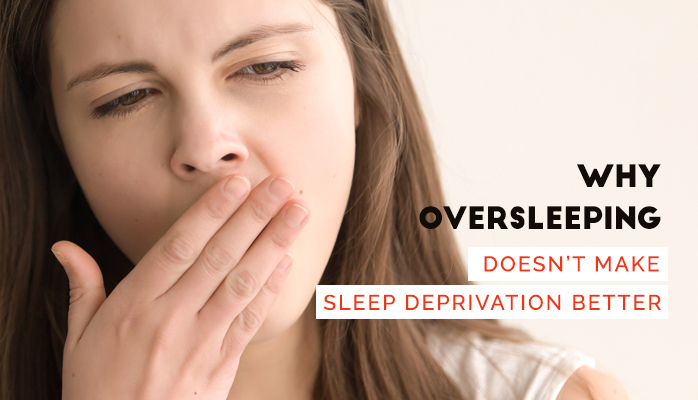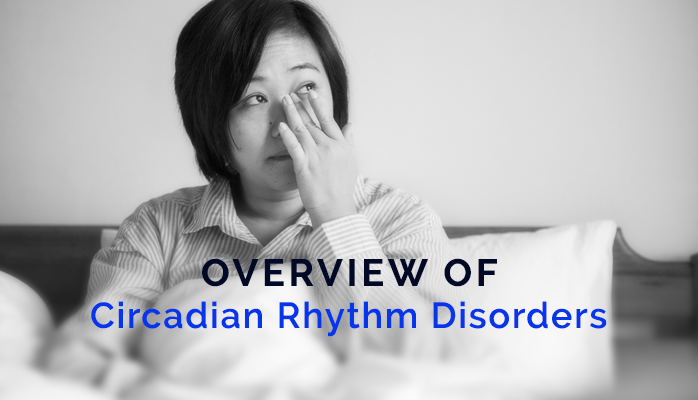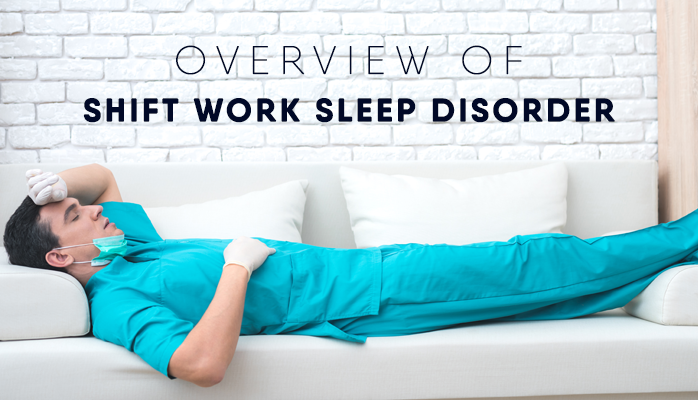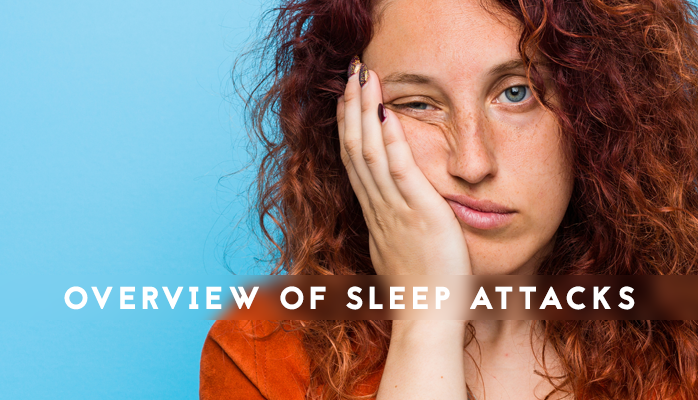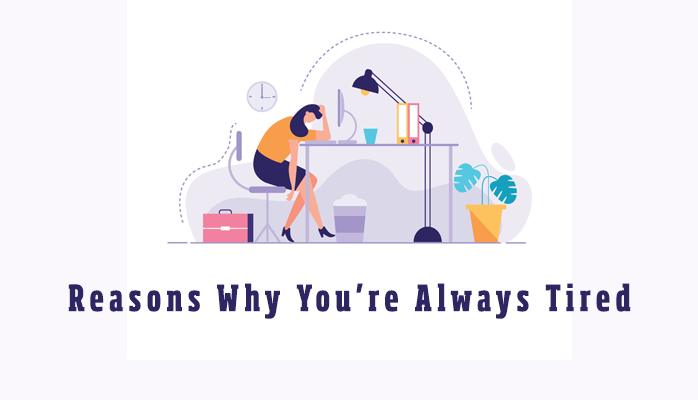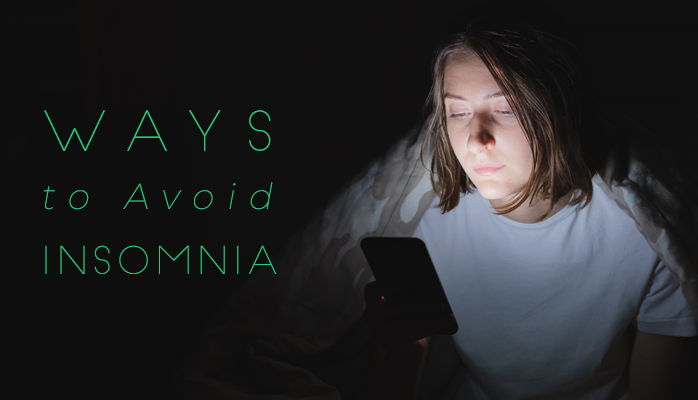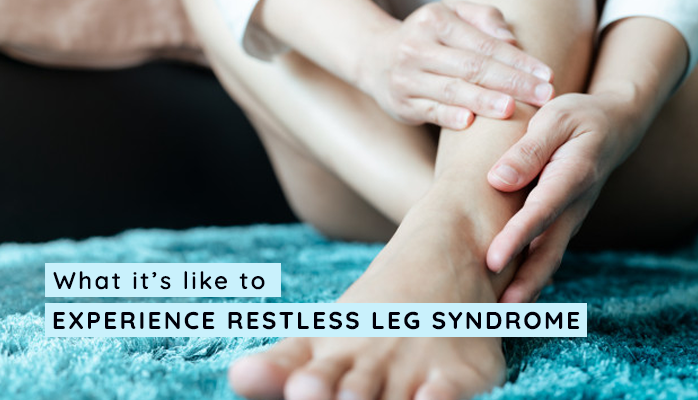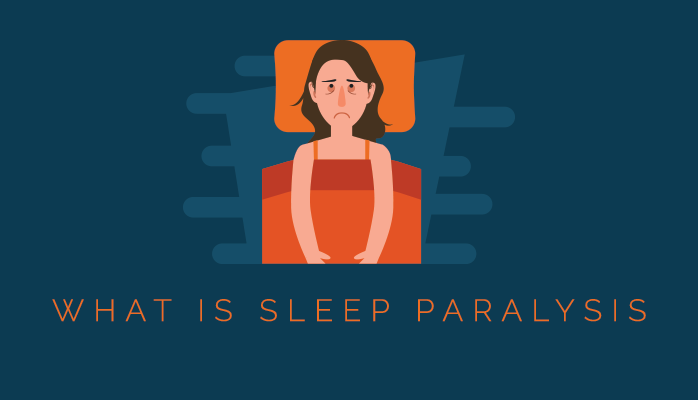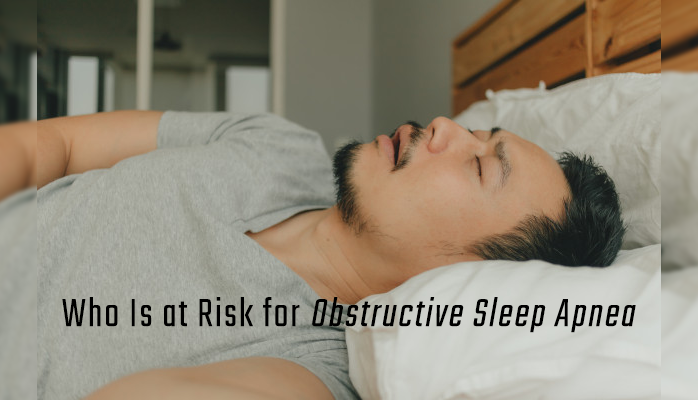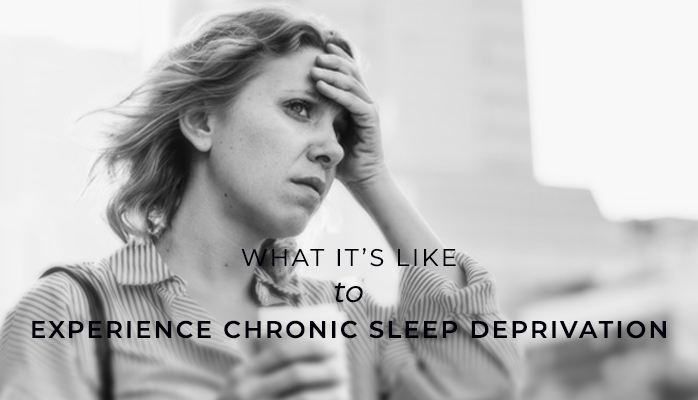What is Oversleeping, or Binge Sleeping?
Binge sleeping, a common escape route for those suffering from sleep deprivation, offers the illusion of a quick fix to feeling normal again. Picture this: you spend the entire week burning the midnight oil on your computer, only to wake up at your usual time for work, barely getting 6 hours of sleep. Then, the weekend arrives and you indulge in a few extra hours of shut-eye each day, maybe even sneaking in a nap or two. This is the essence of binge sleeping, but here's the truth - it doesn't actually work.
The concept of binge sleeping originates from the idea of having a "sleep debt," which plays a crucial role in discussions about sleep deprivation and sleep binging.
Consider this: on an average, Americans sleep for around 6.8 hours per night during the week, but that number jumps to 7.4 hours during the weekend (about 40 minutes more). These figures indicate that a significant portion of the population engages in binge sleeping, seeking to catch up on lost sleep.
Unfortunately, binge sleep doesn't eliminate your sleep debt. It may provide temporary relief, but the signs of sleep deprivation quickly resurface.

